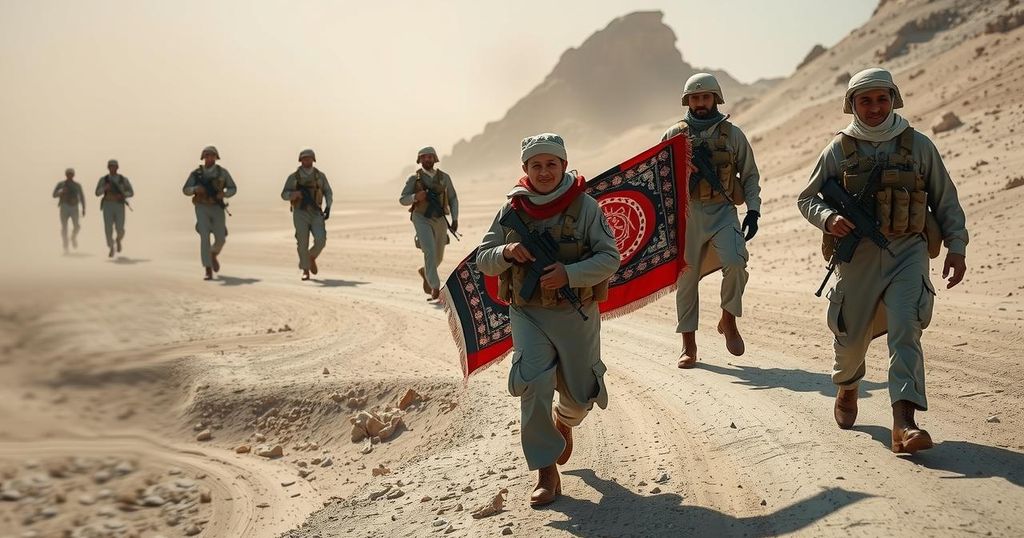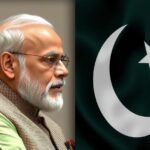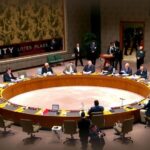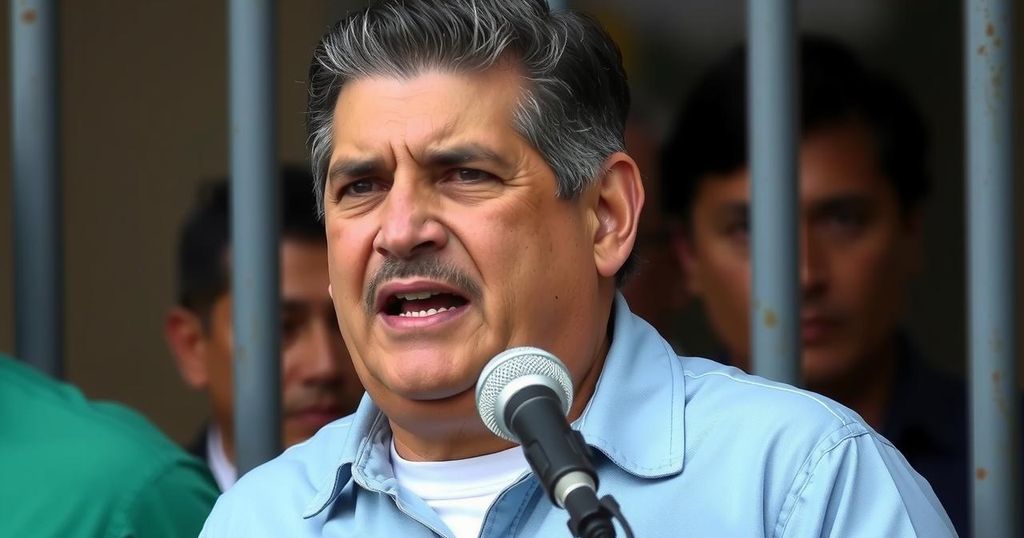Politics
AFGHANISTAN, AMIR KHAN MUTTAQI, ASIA, CHABAHAR, CHABAHAR PORT, CHINA, DUBAI, HUMANITARIAN AID, INDIA, INTERNATIONAL AID, INTERNATIONAL RELATIONS, IRAN, JAI, KABUL, MA, MAWLAWI AMIR KHAN MUTTAQI, ME, MEA, MEXICO, MINISTRY OF EXTERNAL AFFAIRS, MISRI, MOHAMMED, MUTTAQI, NORTH AMERICA, PAKISTAN, TALIBAN, TRADE, UNITED ARAB EMIRATES, VIKRAM MISRI
Omar El-Sharif
India’s Strategic Engagement in Afghanistan: A Shift in Geopolitical Dynamics
India is engaging with the Taliban regime in Afghanistan to provide humanitarian aid and support for development projects, following discussions between Foreign Secretary Vikram Misri and Taliban’s acting foreign minister Amir Khan Muttaqi. This marks a strategic move by India to strengthen ties with Afghanistan amid rising tensions between the Taliban and Pakistan, potentially unsettling Pakistan and China.
India has taken significant steps to engage in development efforts in Afghanistan following a recent meeting between Foreign Secretary Vikram Misri and Taliban’s acting foreign minister Amir Khan Muttaqi. This discussion, which took place in Dubai, marks the first confirmed engagement between Indian officials and the current Taliban administration. India has expressed its intent to provide critical health sector support and developmental assistance. Despite previously sending substantial aid, including humanitarian supplies and vaccines, India has yet to officially recognize the Taliban-led government but aims to cultivate a collaborative relationship, focusing on security and counter-terrorism initiatives.
In light of deteriorating relations between the Taliban and Pakistan, India sees an opportunity to strengthen its ties with Afghanistan. The meeting also highlighted India’s commitment to keep Afghan territory free of anti-India terror plots, particularly those orchestrated by Pakistan-based factions. The Indian government denounced recent Pakistani airstrikes in Afghanistan, further asserting its position on the geopolitical landscape. As dynamics shift in the region, India’s increased involvement might complicate Pakistan and China’s strategic interests in Afghanistan, offering India a chance to reclaim its influence, which it had lost post-Taliban takeover in August 2021.
The relationship between India and Afghanistan has historically been built on mutual interests, particularly against the backdrop of Pakistan’s strategic influence in the region. The Taliban’s return to power has redefined this relationship, pushing India to consider pragmatic engagement despite its earlier reservations about the Taliban regime. India’s humanitarian efforts, encapsulated in the delivery of essential supplies, are indicative of its commitment to the Afghan populace while addressing security concerns regarding militant groups. The evolving dynamic poses challenges to the long-standing liaisons between Pakistan and China, both of whom initially viewed the Taliban’s ascent as beneficial to their geopolitical aims.
In conclusion, India’s renewed focus on strengthening ties with Afghanistan is a strategic pivot that seeks to counter Pakistan and China’s influence in the region. The discussions held by Foreign Secretary Vikram Misri and the emphasis on humanitarian assistance underscore India’s intentions to foster a stable and inclusive governance structure in Kabul. As India expands its engagement, it not only aims to aid Afghanistan but also recalibrates its position in the broader geopolitical landscape.
Original Source: www.india.com








Post Comment